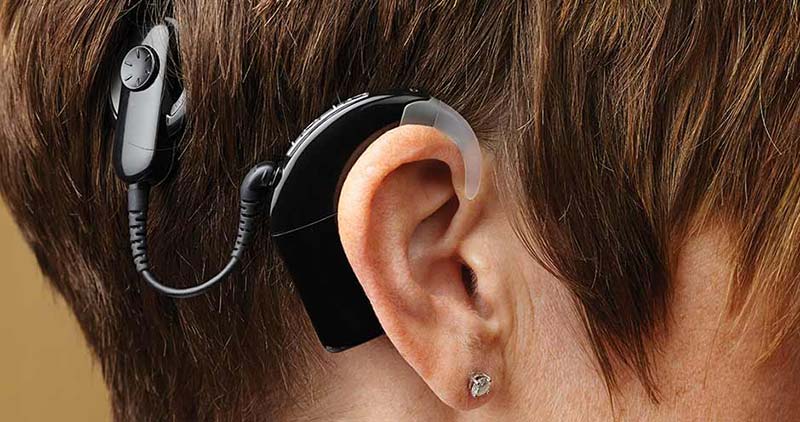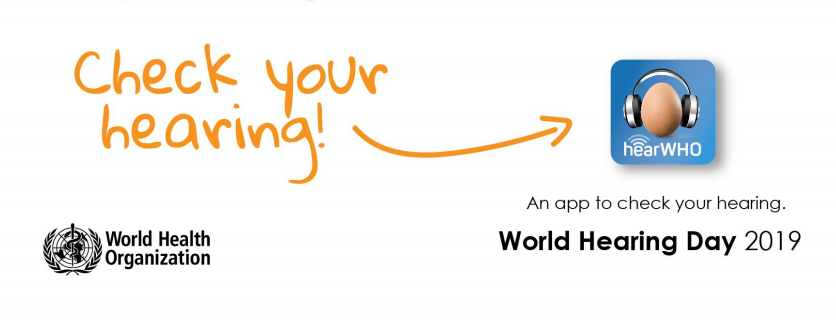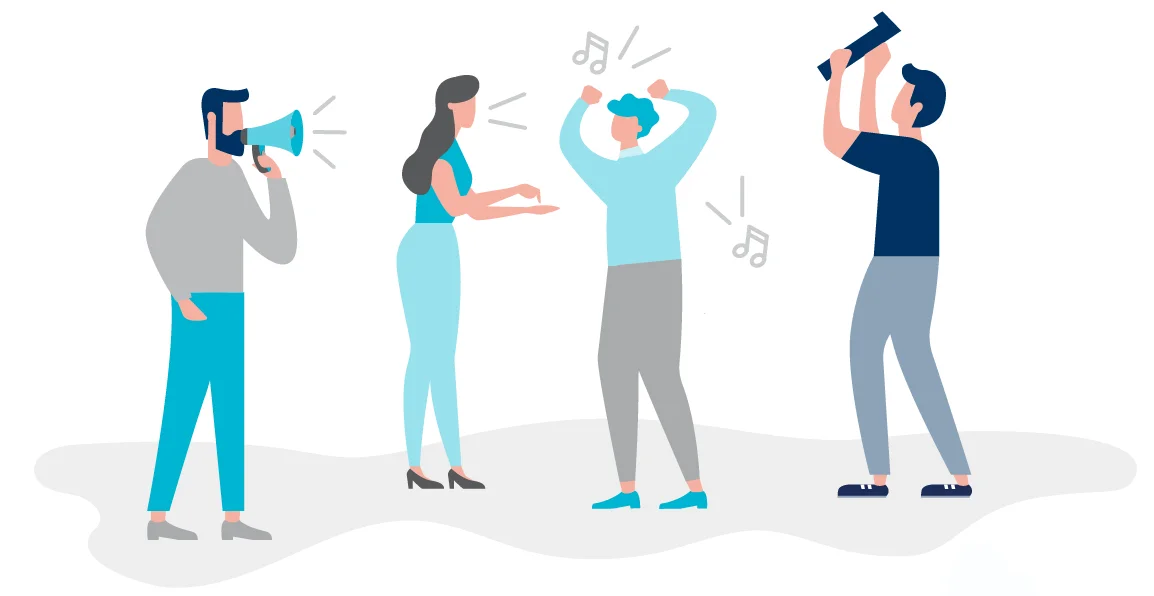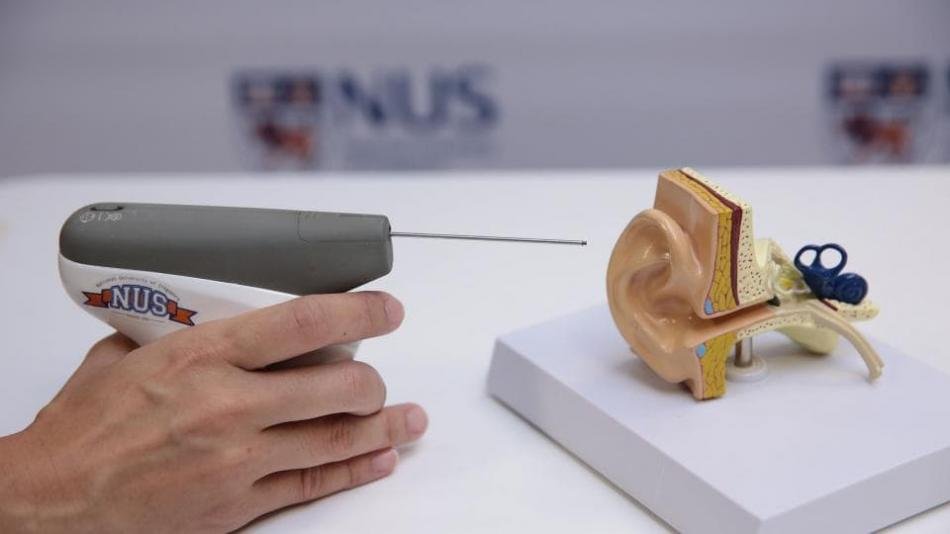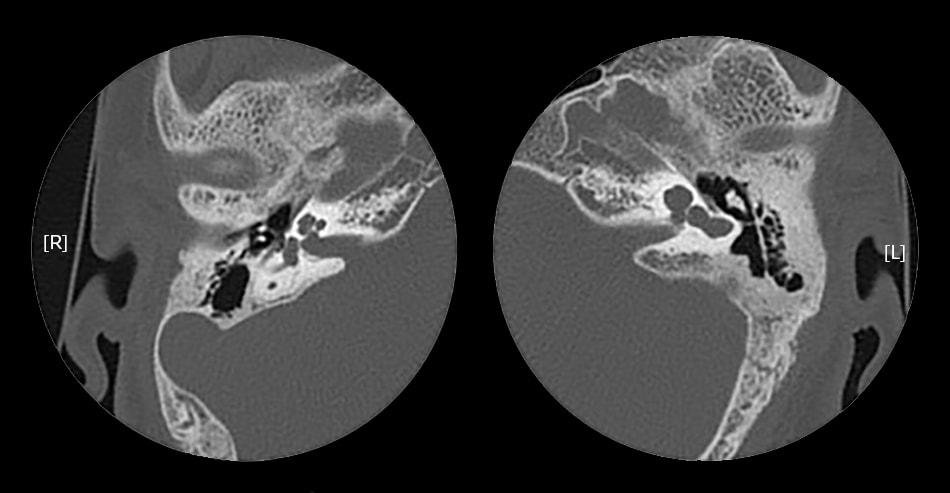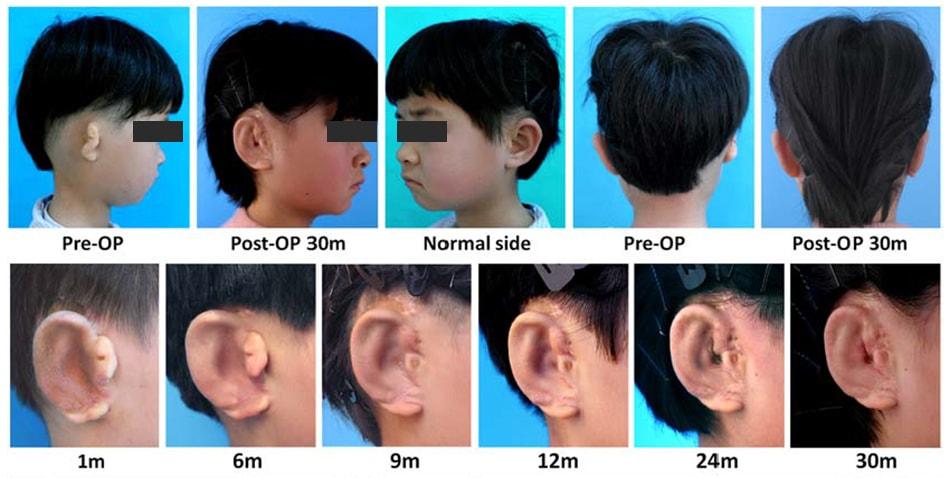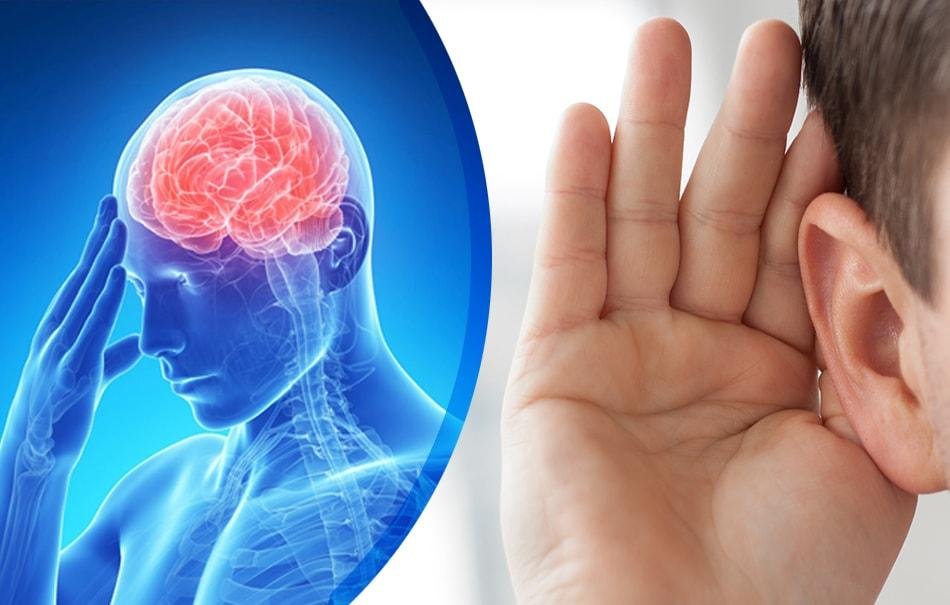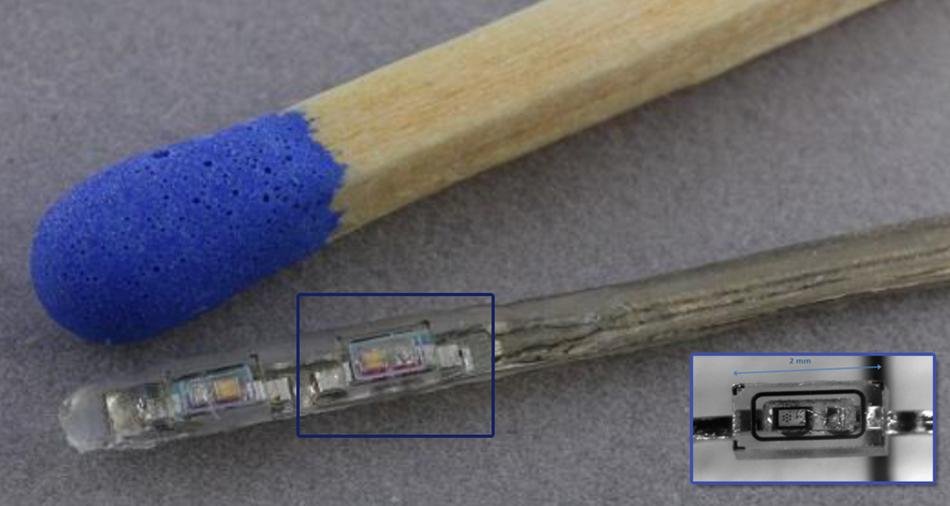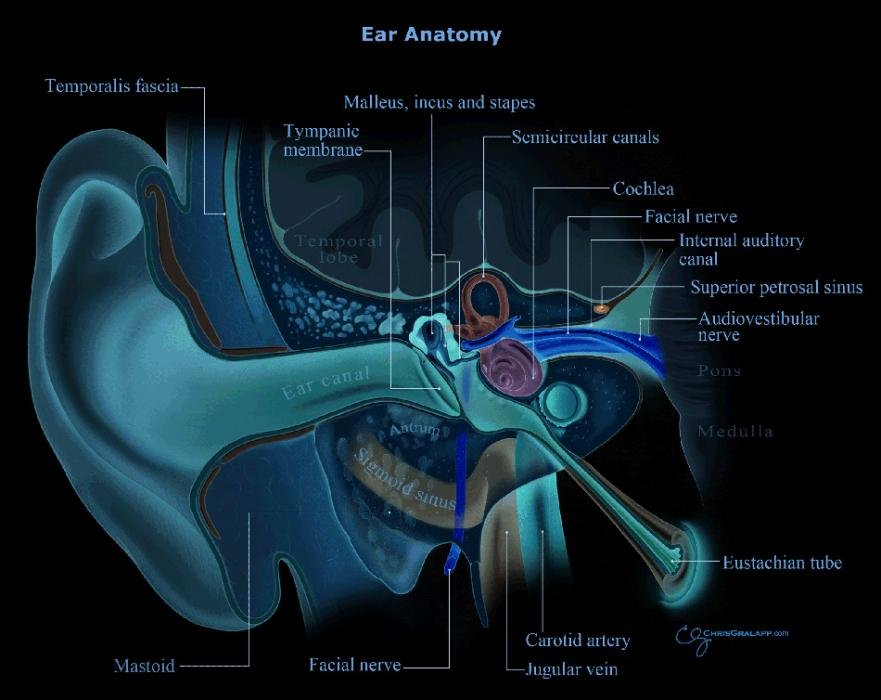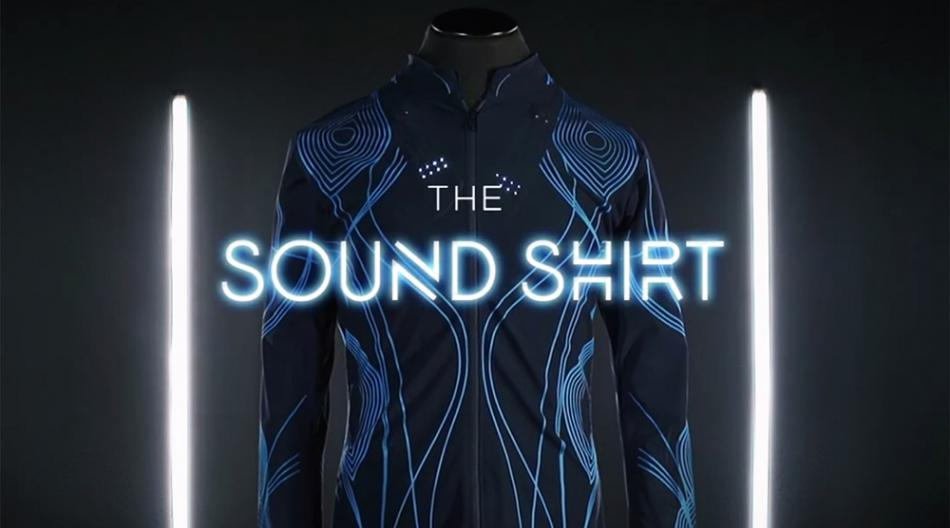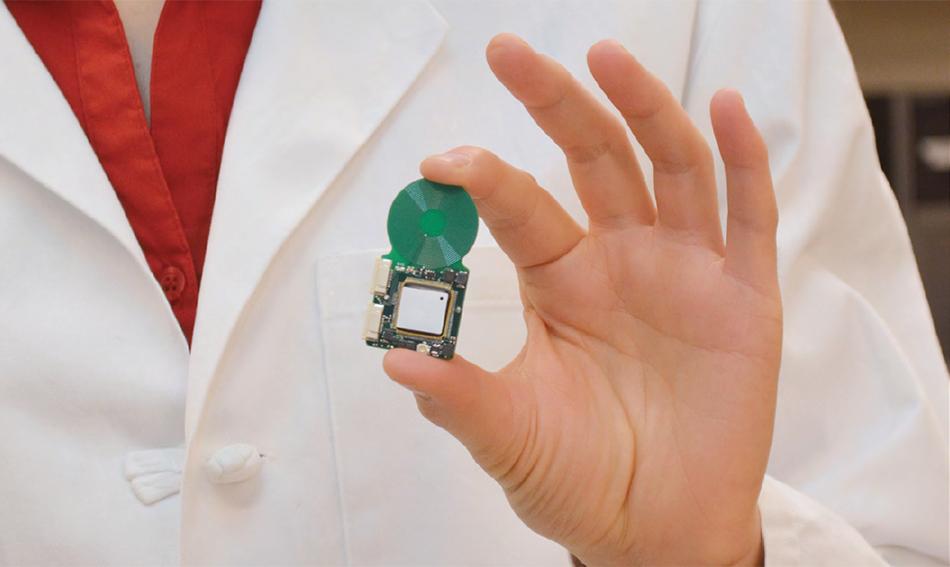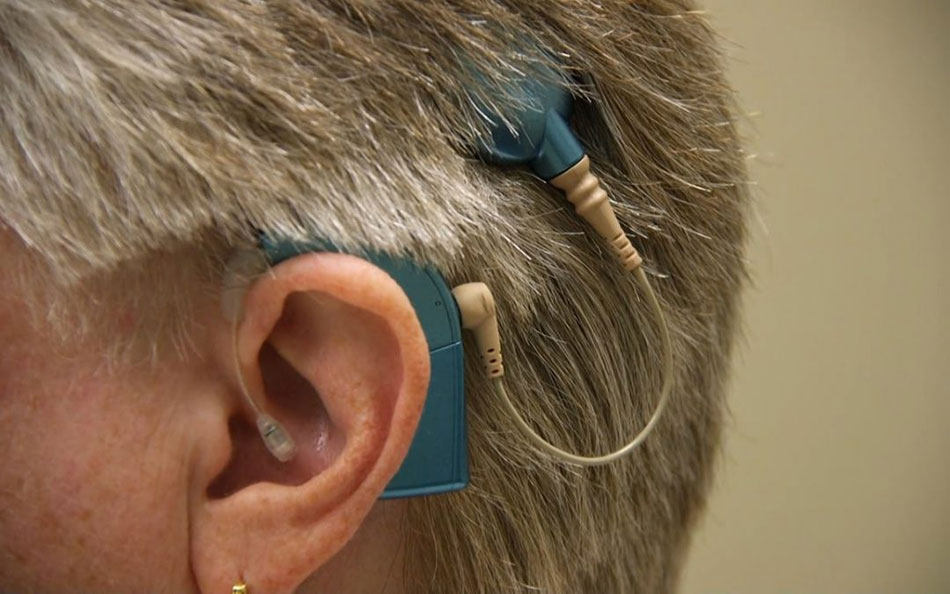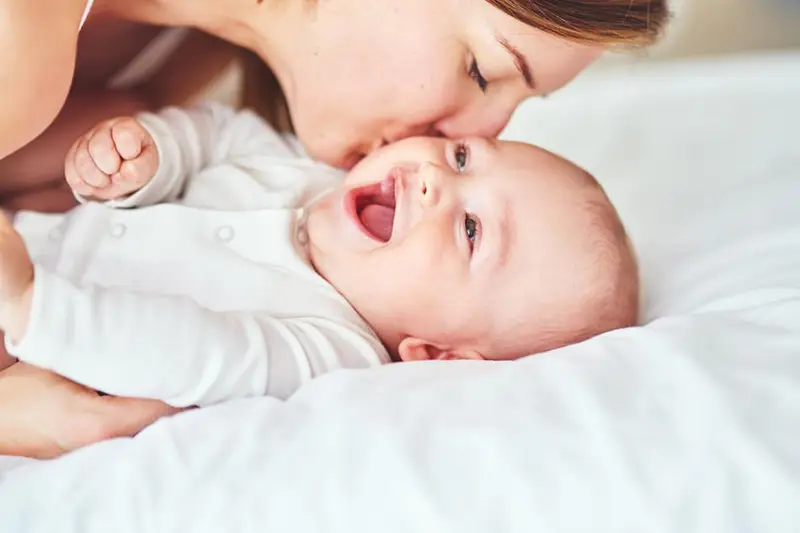NICE guidelines for Cochlear implantation in children and adults
The National Institute for Health and Care Excellence (NICE) is a non-departmental public body in England, that provides national guidance and advice to improve health and social care. On 7th […]
Posted on
WHO launches “hearWHO” app for mobile devices to help detect hearing loss
To mark the World Hearing Day, the World Health Organization (WHO) has launched “hearWHO“, a free application for smart mobile devices which allows people to check their hearing regularly and […]
Posted on
Noise Induced Hearing loss (NIHL)
Noise induced hearing loss (NIHL) is defined as reduction in auditory acuity (hearing ability) associated with long term exposure to loud sounds. It is the second most common form of sensorineural […]
Posted on
Prestin and Otolin 1 – early biomarkers of Noise Induced Hearing Loss (NIHL)
Noise-induced hearing loss (NIHL) is defined as a reduction in auditory acuity (hearing ability) associated with long term exposure to loud sounds. It is the second most common form of […]
Posted on
CLiKX – A novel device for treatment of Otitis Media with Effusion in Children
Otitis Media with Effusion (OME), also known as Glue ear, Secretory Otitis Media or Serous Otitis Media is a clinical condition characterized by a collection of non-infected fluid in the […]
Posted on
Incomplete Cochlear Partition Type I
Inner ear malformations (IEM) represent about 20%–35% of the etiology of congenital sensorineural hearing loss (SNHL). Incomplete cochlear partition anomalies characterize a group of IEM with normal cochlear location, external […]
Posted on
Microtia kids get new 3D-printed ears from lab with their own cells
Microtia is a congenital external ear deformity characterized by hypoplasia (incomplete development) of the pinna, ranging from the measurably small external ear with a minimal structural abnormality, to ear with […]
Posted on
Sudden Sensorineural Hearing Loss is an early predictor of Cerebrovascular Accidents
Sudden sensorineural hearing loss is an acute dysfunction of the inner ear that affects men and women approximately equally, with a peak age-related incidence occurring between 50 and 60 years. […]
Posted on
Optoacoustic Cochlear implant to hear with light pulses
Cochlear implants are electronic prosthetic devices used in adults and children with sensory neural hearing loss, who are not benefited by the use of conventional hearing aids. They bypass the […]
Posted on
Patulous eustachian tube
The patulous eustachian tube also known as patent Eustachian tube (PET) is a rare physiological disorder of the eustachian tube, in which a normally closed Eustachian tube stays open intermittently. […]
Posted on
“Sound Shirt” – An innovation for “deaf” people to “feel music”
The Junge Symphoniker Hamburg orchestra, Germany in association with CuteCircuit wearable tech company has brought an innovative and revolutionary new gadget for the hearing-impaired people, which will allow the deaf to feel […]
Posted on
Fully Implantable Cochlear Implant (FICI) with Piezoelectric Middle-Ear Sensor
Cochlear Implant (CI) is a prosthetic electronic device which replaces the function of the damaged inner ear. CI provides direct electrical stimulation to the auditory (hearing) nerve in the inner […]
Posted on
Seasonal Variations of Benign Paroxysmal Positional Vertigo
Benign paroxysmal positional vertigo (BPPV) is an inner ear disorder characterized by brief attacks of vertigo and associated nystagmus, precipitated by certain changes in head position with respect to gravity due […]
Posted on
Cochlear Implantation in Incomplete Partition type III
Incomplete Partition type III (IP-III) or most widely known as X linked deafness is an inner ear anomaly associated with congenital mixed hearing loss, fixation of stapes footplate and perilymph […]
Posted on
Cochlear ear kiss injury – kissing a baby can make them go deaf
The answer is a Big Yes – you read it right! Kissing on the ear can make the baby or adult permanent deaf! This condition is known as “Cochlear ear kiss injury.” […]
Posted on
